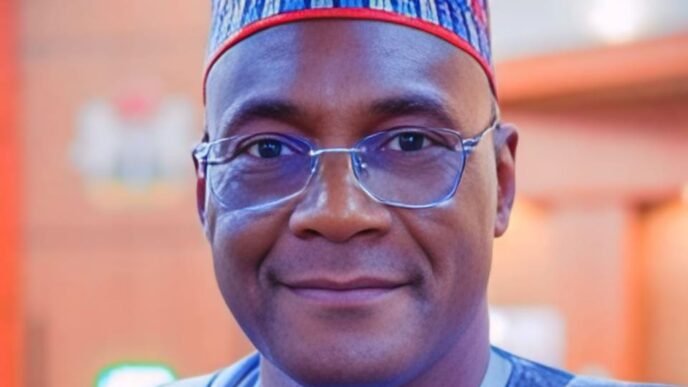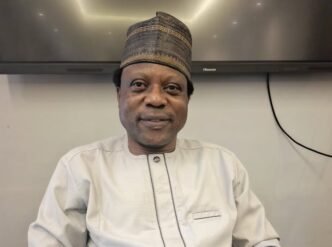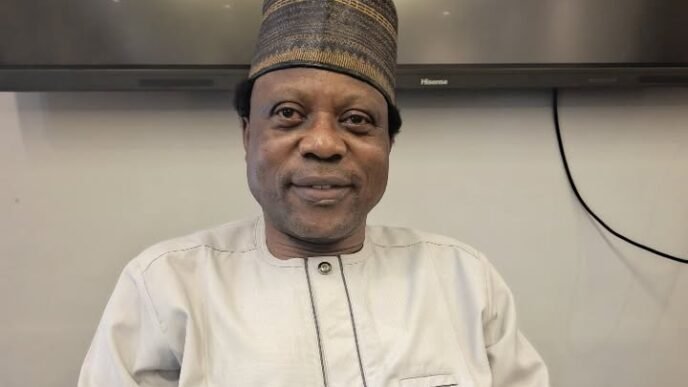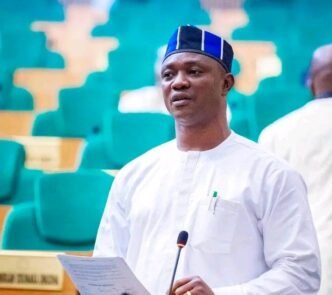On Wednesday 29th October,2025, Hon. Canice Moore Chukwuugozie Nwachhukwu moved a motion stating the crucial need for providing cassava processing machines and short-term loans to Nigerian farmers. He emphasized that cassava production is evolving as a well-organized agricultural sector with established local processing techniques for various food products and livestock feeds.
Cassava is cultivated in nearly all 36 states of Nigeria, including the Federal Capital Territory, and is notable for its versatility. The crop has excellent resilience, flourishing in diverse conditions across four planting seasons throughout the country. With a high starch content, cassava’s tubers are transformed into staple foods such as garri and fufu, while its peels are utilized as a beneficial energy supplement for cattle.
Hon. Nwachhukwu pointed out that increasing access to modern processing machines and affordable loans would significantly enhance the hygienic transformation of cassava, leading to better market opportunities and improved income for farmers. Such advancements would play a vital role in feeding the nation and contributing to the Gross Domestic Product (GDP).
Amidst the pressing need for economic diversification, cassava presents a promising alternative to crude oil for generating foreign exchange through local consumption and export. The crop’s resistance to climate change, along with its ability to thrive in low soil fertility and drought-prone regions, further underscores its potential.
However, the majority of cassava producers in Nigeria, predominantly small-scale farmers, currently face significant challenges. With about 90% of the cassava processed locally at a cottage level, many farmers lack access to modern processing technology and sufficient working capital. This situation, combined with poor hygiene conditions, has led to considerable production losses along the local value chain.
In light of these issues, Hon. Nwachhukwu urged the Federal Government to reinstate the Presidential Committee on the Cassava Initiative Programme, originally established in 2002, to bolster the welfare of cassava farmers. He called for the Federal Ministry of Agriculture and Food Security to implement extensive training programs focused on cassava production, processing, and packaging.
Additionally, he appealed to the Central Bank of Nigeria to facilitate easy access to short-term loans through the Bank of Agriculture, the Bank of Industry, and other relevant financial institutions. He further mandated the Committees on Agricultural Production and Services and Legislative Compliance to ensure adherence to these proposals, promising to report back within four weeks for further legislative action.
As discussions continue, the future of cassava farming in Nigeria looks to hinge on the successful implementation of these measures, potentially transforming the industry and uplifting thousands of farmers across the nation.












